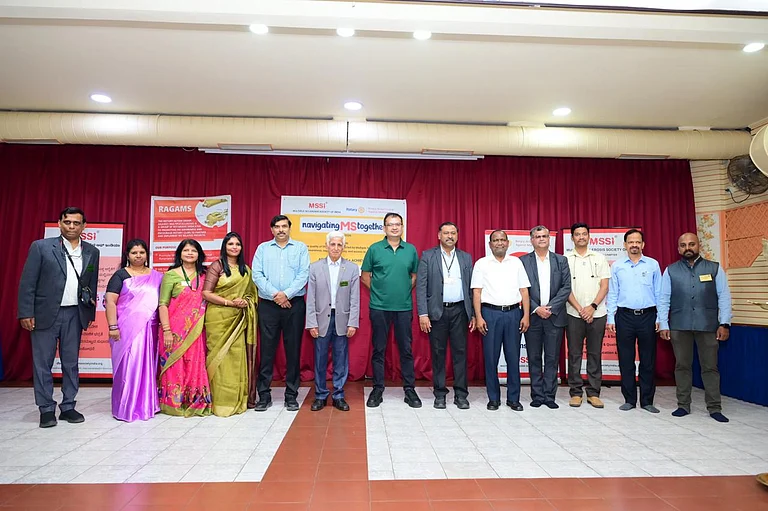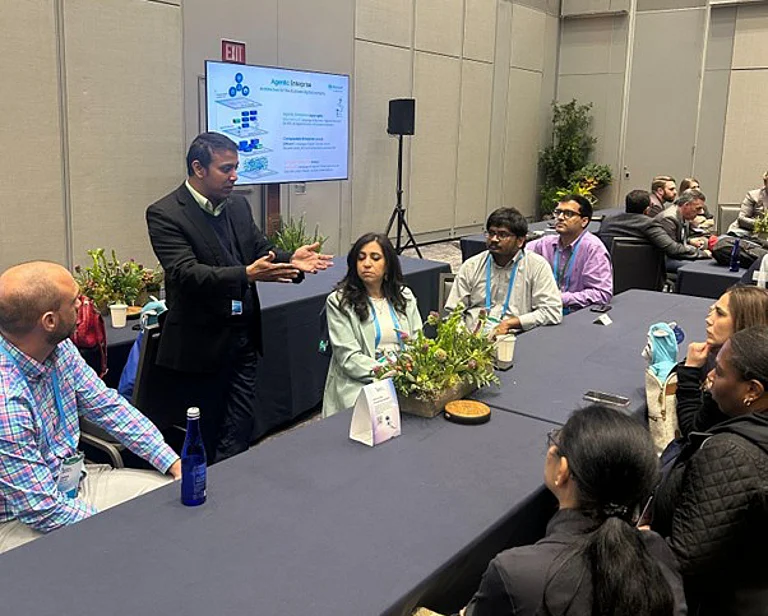AIIMS Delhi recently initiated the GRASSROOT clinical trial, a groundbreaking study to assess the safety and effectiveness of a new brain stent designed to treat stroke clots, particularly targeting Indian health needs. The trial, officially named "Gravity Stent-Retriever System for Reperfusion of Large Vessel Occlusion Stroke," marks India's first research focused on a stent specifically developed for Indian and Asian medical scenarios.
Patient enrolment for the trial began on August 15, and the first successful treatment was performed on August 25. According to Dr. Shailesh Gaikwad, Head of Neuroimaging and Interventional Neuroradiology at AIIMS, the patient was later discharged without complications. This next-generation stent-retriever was designed by both Indian and international medical experts to enable quick and safe restoration of blood flow to the brain. Importantly, it is also cost-flexible, aiming to make advanced stroke care accessible not just in India but globally.
The GRASSROOT trial stands as a milestone in India’s journey toward improved stroke care. Dr. Deepti Vibha, a member of the AIIMS team, expressed hope for the trial's success, remarking that it could start a new chapter in stroke treatment within India. "India has a pressing need for better stroke care solutions, and our hope is that this new stent-retriever can offer that," she stated.
The statistics show an urgent need for stroke care in India: out of the estimated 375,000 eligible patients each year, only about 4,500 currently receive thrombectomy, a critical procedure that clears stroke-related clots. This vast gap highlights the necessity for accessible, life-saving interventions like those being evaluated in the GRASSROOT trial. If proven successful, this trial could improve stroke outcomes and bring quality treatment within reach of many more people in India, where financial constraints often limit treatment options.
The trial spans 16 hospitals across the country, including AIIMS Delhi and the Jawaharlal Institute of Postgraduate Medical Education and Research (JIPMER) in Pondicherry. Dr. Kalpesh Shah from Zydus Hospital in Ahmedabad, one of the first doctors to use the new stent-retriever, noted its transformative potential for stroke care access worldwide. Commenting on the high demand for thrombectomy procedures, he expressed optimism that devices like this stent could bring effective stroke treatment to a larger, underserved patient base globally, especially in more remote or lower-resource areas, which currently lack such advanced care.
Launched on August 15, India’s Independence Day, the GRASSROOT trial symbolizes an essential step in advancing healthcare in India. This initiative not only aims to develop affordable, high-quality stroke treatment options but also addresses the critical gaps in access to stroke care across India, aligning with the country’s unique medical and socio-economic challenges.
(This article is a reworked version of a PTI feed)



























